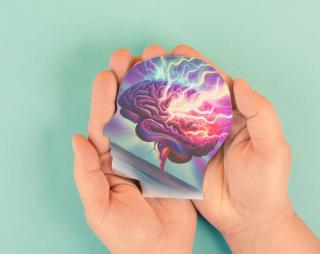
Major Depressive Disorder
Latest News
Latest Videos

Podcasts
CME Content
More News
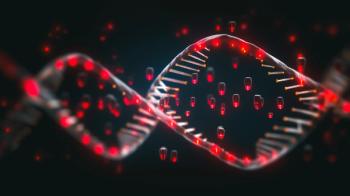
Researchers uncover a novel biomarker for major depressive disorder, linking regional homogeneity in fMRI to decreased cerebral blood flow and symptom severity.
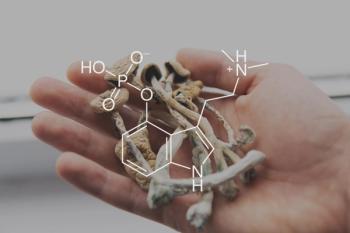
Compass Pathways reports significant progress in psilocybin research, showing promise for treatment-resistant depression in a pivotal phase 3 trial.

There is a critical link between sleep disorders and psychiatric conditions. In this Special Report, examine effective diagnosis and treatment strategies for better patient outcomes.
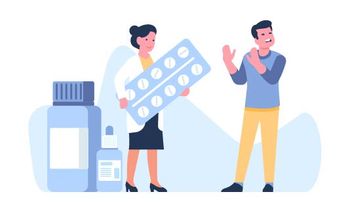
Daniel Morehead, MD, critiques the discourse around antidepressants, urging a balanced view of their benefits and risks while addressing patient concerns.

Recent research reveals dopamine partial agonists significantly reduce somnolence in major depressive disorder and schizophrenia compared with D2 receptor antagonists.
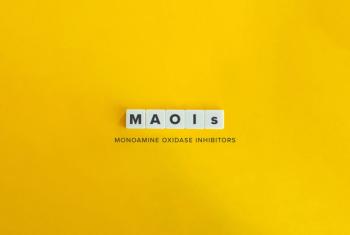
In this CME article, learn more about the essential role of MAOIs in treating resistant depression and anxiety.

Cariprazine shows promise as a long-term adjunctive treatment for anhedonia in major depressive disorder, according to new poster data presented at the ASCP Annual Meeting.

Discover how insulin influences mood and cognition, revealing new therapeutic possibilities for depression and bipolar disorder, in this discussion with Roger McIntyre, MD, FRCPC, at the 2025 APA Annual Meeting.

A Shift in the Way We Think About the Biology of Depression: A Conversation With John H. Krystal, MD
Experts discuss groundbreaking insights on ketamine's role in treating depression, highlighting its rapid effects and potential to transform psychopharmacology.

Poster presented at the APA Annual Meeting finds zuranolone effective for anhedonia associated with PPD.

Dr Nassir Ghaemi explores the long-term effects and safety of serotonin reuptake inhibitors, revealing benefits and potential risks.

At the APA Annual Meeting, Dana Hilt, MD, PhD, explores the notion of precision psychiatry in depression treatment.

Dana Hilt, MD, PhD, discusses data on Xanamem’s impact on cortisol and its potential use in MDD at the APA Annual Meeting.


Etkin describes precision psychiatry data for MDD presented at the Society for Biological Psychiatry Annual Meeting.
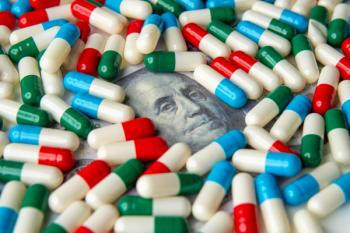
What is the hidden mental health struggles of affluent youth? In this Tales From the Clinic article, we reveal how wealth can contribute to anxiety, depression, and substance misuse.
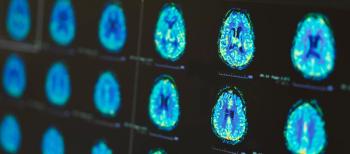
Combination therapy of TMS and ketamine could enhance brain perfusion and neuroplasticity.

NRx Pharmaceuticals secures FDA fee waiver for NRX-100, a preservative-free ketamine aimed at treating suicidal depression, enhancing accessibility for patients.
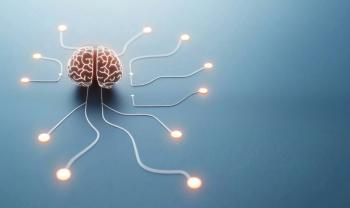
Neurosurgeon Brian Kopell, MD, discusses the potential of deep brain stimulation for treatment-resistant depression, aiming to reduce stigma and improve patient care.
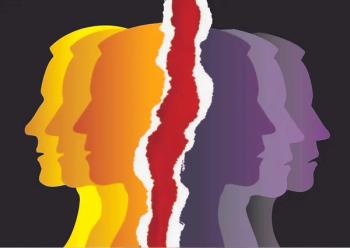
Explore the evolving relationship between neurology and psychiatry, highlighting modern treatments that bridge the gap in understanding brain disorders.
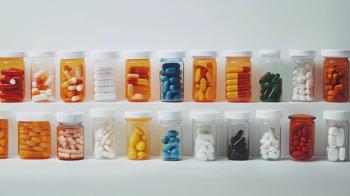
Check out the pipeline updates from April!
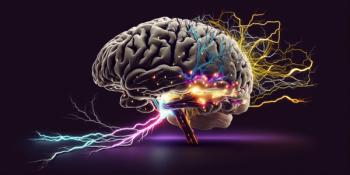
Advanced imaging techniques enhance deep brain stimulation for depression, ensuring precise target engagement for effective treatment.
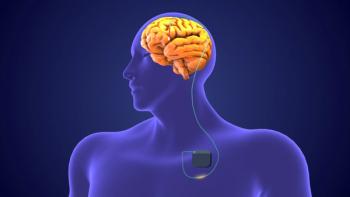
Discover how deep brain stimulation, a breakthrough treatment, offers hope for patients with treatment-resistant depression.
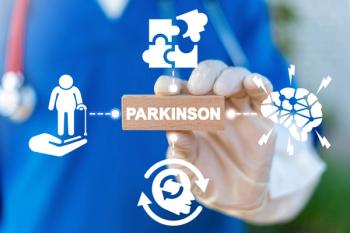
In this CME article, explore the complexities of Parkinson disease, focusing on neuropsychiatric symptoms, their prevalence, and effective treatment strategies for improved patient care.
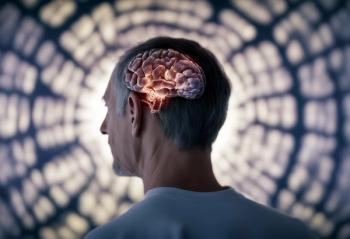
Transneural Therapeutics launches innovative neuroplastogens to revolutionize treatment for neuropsychiatric diseases, promising safer, effective alternatives to psychedelics.












